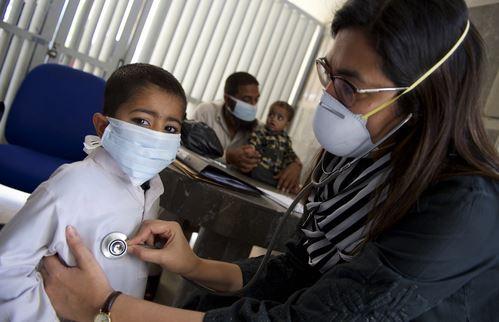
The results of new research to be presented later this month at the European Society of Clinical Microbiology and Infectious Diseases (ESCMID) Global Congress suggest companion animals could play a role in the spread of multidrug-resistant bacteria.
In a longitudinal study conducted among 65 pet-owning households in the United Kingdom and Portugal, researchers from the University of Lisbon collected and analyzed clinical and fecal samples from dogs and cats who had community-acquired skin and other soft-tissue infections (SSTIs) and urinary tract infections (UTIs) and their healthy owners. They were looking to determine whether multidrug-resistant pathogens—specifically extended-spectrum beta-lactamase (ESBL)/AmpC– and carbapenemase-producing Enterobacterales—could be passed from pets to their owners.
Carriage of carbapenemase-producing Enterobacterales was observed in a single dog (1 of 43 companion animals, 2.3%) in Portugal and a single dog (1 of 22, 4.5%) in the United Kingdom, while 24 (55.8%) of 43 companion animals and 28 (35.9%) of 78 owners in Portugal were colonized by ESBL/AmpC-producing Enterobacterales at at least one point. In the United Kingdom, ESBL/AmpC-producing Enterobacterales were isolated from 8 (36.4%) of 22 companion animals and 3 (12.5%) of 22 owners.
In five households in Portugal and two in the United Kingdom, whole-genome sequencing showed that both the pet and the owner were carrying the same strain of ESBL/AmpC-producing Enterobacterales.
Understanding the direction of transmission
Although the researchers were not able to conclusively prove the direction of transmission, they say the timing of the positive tests for ESBL/AmpC-producing bacteria in three of the Portuguese households suggests the bacteria were being passed from the pets to their owners.
All of the animals were successfully treated for their infections, and none of the owners developed infections.
The researchers say understanding and addressing the transmission of drug-resistant bacteria between pets and their owners could help inform the development of targeted interventions that safeguard both human and animal health.
"Our findings underline the importance of including pet-owning households in national programmes that monitor levels of antibiotic resistance," lead researcher Juliana Menezes, PhD, said in an ESCMID press release.
.jpg)
















